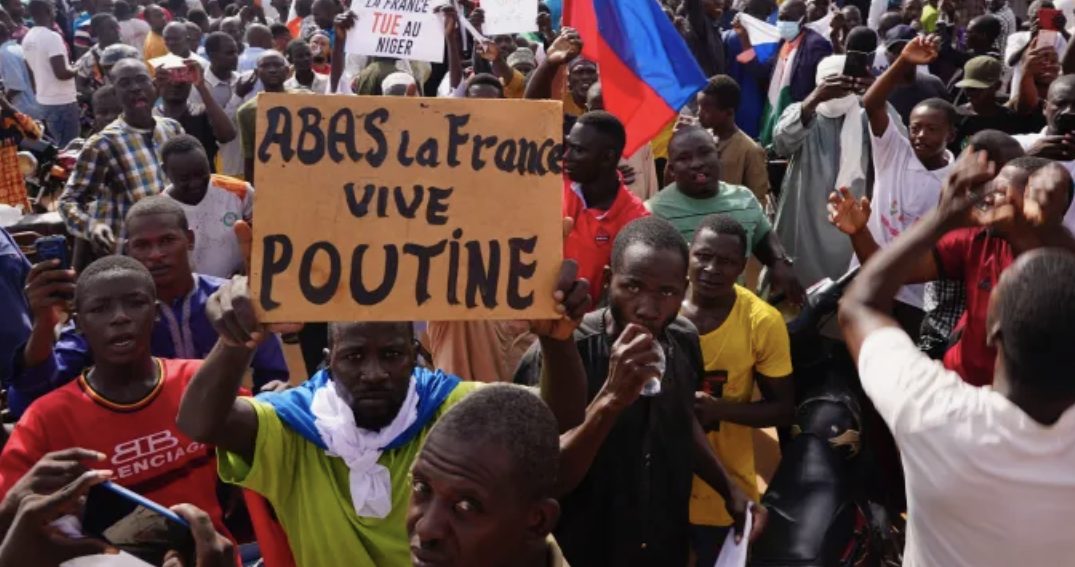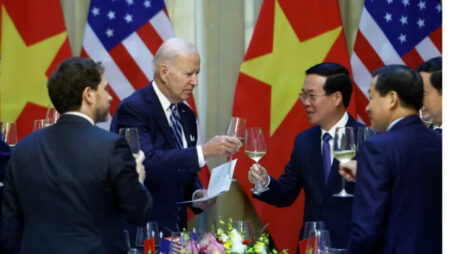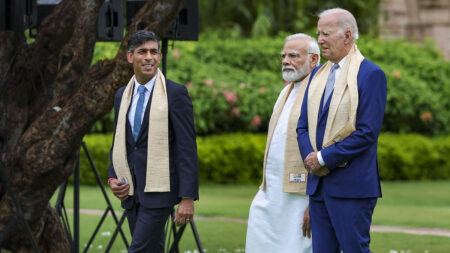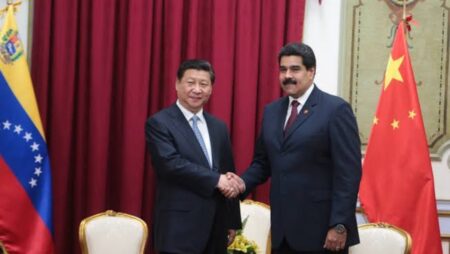The Sahel region of Africa, marked by poverty, instability, and conflict, is once again grappling with the crisis. Recent military takeovers, rising anti-French sentiment, and the proliferation of violent armed groups have made the region a “coup belt” and a hotspot for global terrorism. The legacy of French colonialism and perceived failures of Western interventions have fueled public support for military coups and armed groups. This article delves into the complexities of the Sahel crisis, France’s role, and the need for a strategic shift to address the region’s challenges.
Table of Contents
The Sahel’s Converging Crises
The Sahel, encompassing some of the world’s poorest and most politically unstable countries, is facing multifaceted crises. With a surge in military takeovers, the region’s governance is shifting towards unelected military rulers. Violent armed groups such as Boko Haram and ISIS affiliates have gained a strong foothold, leading to a staggering 43% of global terrorism deaths. Pervasive corruption, extreme poverty, and unemployment have fueled discontent, pushing populations to rally behind coups and armed groups as alternatives to Western-backed governments.

Anti-French Sentiment: A Historical Resurgence
The legacy of brutal French colonialism, marked by repression, cultural erasure, and displacement, still reverberates across the Sahel. Recent failures and missteps of French interventions have deepened anti-French sentiment. Suspicions rooted in colonial history have led local populations to view France with distrust. Military rulers exploit this sentiment, presenting themselves as anti-colonial heroes resisting neocolonial France and its perceived local collaborators.
Operation Barkhane’s Shortcomings
France’s approach to the Sahel crisis centered on military force through Operation Barkhane, its largest foreign operation. However, this military focus failed to address underlying causes of conflict. Armed groups grew in power, attacking civilians and exacerbating instability. This approach alienated local populations, who began to associate France with their chronic problems and question its intentions.
Russia’s Opportunistic Approach
Amid France’s declining influence, Russia seized the opportunity to bolster its presence in Africa. As France struggled to end terror in the Sahel, Russia deployed its propaganda machinery and the Wagner Group to fuel anti-French sentiments. Wagner’s promises of security resonated with local populations disillusioned with French interventions. Russia’s maneuvering threatens both Western interests and the well-being of Sahel populations.
Rediscovering Influence: France’s Way Forward
To regain influence in the Sahel, France must embark on a multifaceted strategy:
-Acknowledging Colonial Legacy: France must engage in introspection, acknowledging the lasting scars of colonialism. Addressing historical grievances can pave the way for reconciliation.
– Admitting Mistakes: Learning from the failures of Operation Barkhane is essential. A shift from military-focused solutions to addressing governance and development is imperative.
– Equal Partnerships: Treating Sahel nations as equal and independent partners, rather than former colonies, is crucial. Collaborating with leading economies like Nigeria and bridging the gap between Anglophone and Francophone West Africa can build trust.
Countering the Russian Narrative
France must counter Russia’s propaganda by exposing Wagner’s war crimes and human rights abuses. An evidence-based campaign can reveal the dark side of Russian “assistance” and weaken its narrative of being a savior in the region.
Conclusion
The Sahel crisis serves as a poignant reminder that France must reassess its approach and reclaim its influence within a region beset by an intricate web of conflict and instability. Addressing the deep-seated historical grievances stemming from its colonial past is an essential first step. France’s willingness to confront its own history of colonialism can pave the way for healing and reconciliation, fostering a more constructive relationship with Sahel nations. Furthermore, acknowledging the missteps of initiatives like Operation Barkhane is imperative. The overemphasis on military force failed to address the underlying socio-economic and political factors fueling the crisis, thus alienating local populations and inadvertently reinforcing the narrative that France represents a source of ongoing hardship. A strategic shift toward holistic solutions that encompass development, governance, and long-term stability is indispensable to ensure a more secure and prosperous future for the region.













